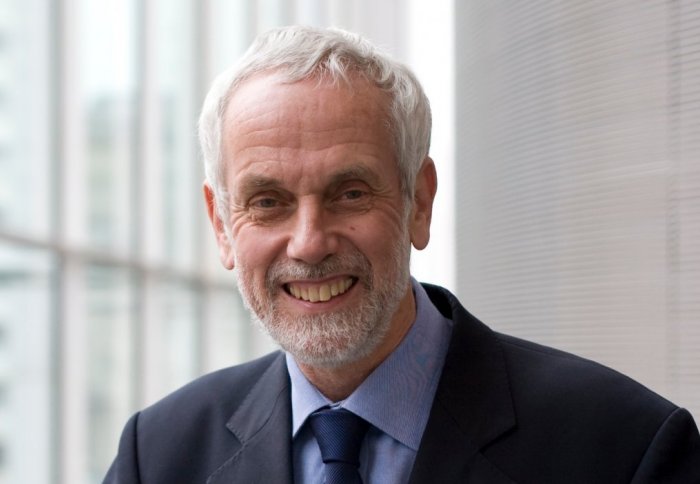"All to play for during last days in Paris", says Grantham Institute Chair
by Simon Levey

With just four days' negotiation remaining, Professor Sir Brian Hoskins explains the state of play at the UN Climate Change Conference (COP21).
It can be difficult to get a handle on the gritty details of what countries are bargaining over in the negotiating rooms of the international conference, taking place in Paris this month. With more than 30 years of discussing climate change with governments and policymakers, Sir Brian answers our questions.
What clues do we have to a potential outcome from the Paris conference?
Almost every nation has produced a document stating their starting point, the 'Intended Nationally Determined Contribution' or INDC, that now form the central pillar for discussion at COP21 in Paris.
Different from COP15 in Copenhagen, the INDCs mark a great shift from trying to impose a top-down requirement to reduce greenhouse gas emissions, to a new mode where each country says for itself what it pledges to do.
What is your feeling so far?
Taken together, they are really good news in moving us from a future with a 4-5°C rise in global temperature, to one that is likely to be no greater than 3°C. However, everyone knows that more is needed if we are to keep the temperature rise to below the less damaging, and much discussed, 2°C. With all to play for during the last days in Paris, the remaining discussions will focus on how to go the extra distance after the conference concludes.
What kind of statements are being made?
Many countries have used their INDC to talk about plans for renewable energy. For some, their economic development in a low-carbon world is seen as possible only if they receive major funding and technological help from richer countries. In particular, support for the reliable provision of low carbon electricity to the huge numbers of people who do not currently have access to any electricity is going to be crucial.
Are there any particular sticking points holding up the negotiation?
Some countries have raised the issue of the huge damage that climate change - whether it is 2, 3 or 4°C - will do to their countries, and what resources they will need to cope with this damage. A really contentious aspect is whether countries that have produced most of the past greenhouse gas emissions are “responsible” for this damage, including countries such as the UK. Saying you will help is one thing, but it is another to admit responsibility for past actions whose later impact could not be foreseen. It is good to see that some progress has been made in recent days.
What challenges do you see ahead?
How to monitor and verify that countries are living up to their INDCs is a very tricky topic. No one is keen to have the 'international emissions police' coming to check on them and in any case there are major uncertainties over the net greenhouse gas emissions coming from soils, plants and trees, for example. It may be possible in a decade or so for a combination of satellite measurement and computer modelling to determine the net emissions from a country remotely, but it is not possible now. What happens if a country is clearly in breach of its INDC? Would there be any penalty for this? Again there are many views on the legal framework that should be part of the agreement coming out of Paris.
In the Earth League Statement, which has had a very high international profile before and during the COP21, I joined sixteen other academics in giving eight essential elements of climate action that would be required from Paris. Good progress has been made on them, but all is still to be won in the last few days of the Paris negotiations!
Article text (excluding photos or graphics) © Imperial College London.
Photos and graphics subject to third party copyright used with permission or © Imperial College London.
Reporter
Simon Levey
Communications Division